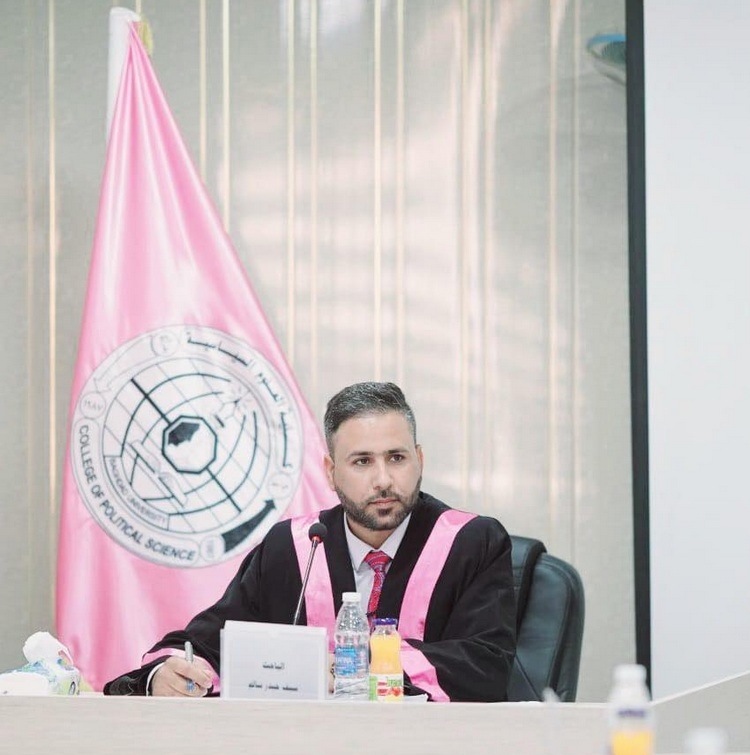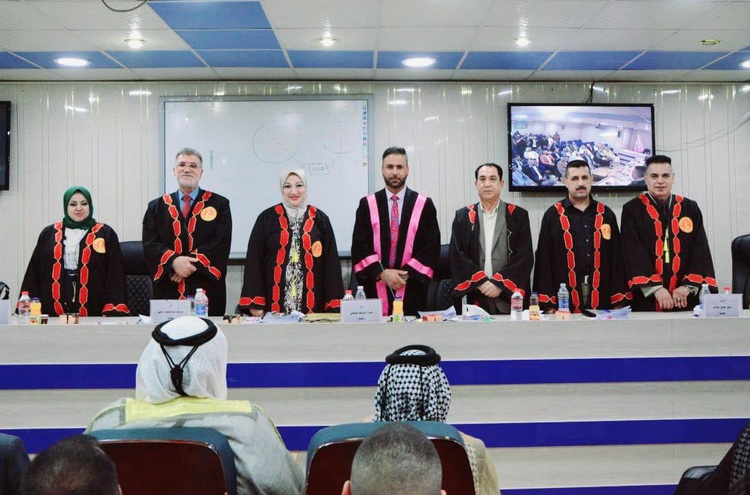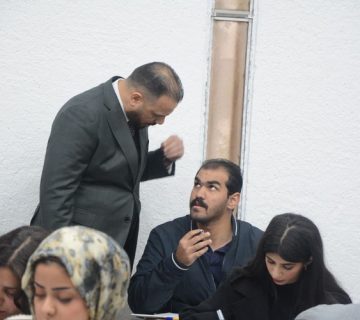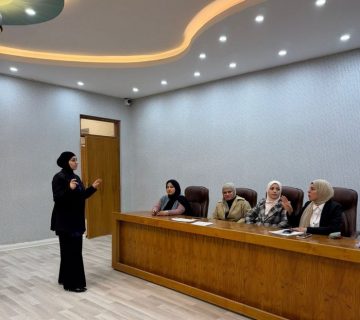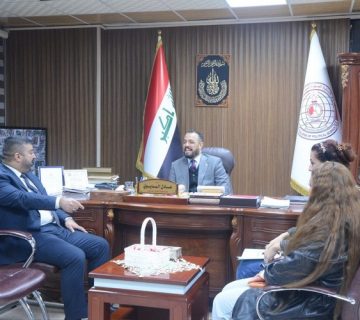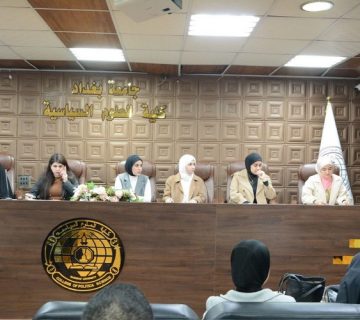The College of Political Science at the University of Baghdad discussed a doctoral thesis titled “Managing the Energy Conflict in the Eastern Mediterranean Basin and its Reflection on Regional Stability After 2009,” presented by student Saif Haider Salem.
The thesis addressed a complex and dynamic topic where energy and its security were the central focus. Explorations of energy in the Eastern Mediterranean region after 2009 became the true nucleus of the current conflict. It revived old conflicts and generated new ones at both regional and international levels.
In this study, an attempt was made to predict the potential outcomes of these conflicts and their impact on regional stability. This depends on how the conflicts are managed within the current international system.
The study started by examining the theoretical approach to the phenomenon of conflict over energy resources and its management, drawing on both comprehensive and partial theories in the field of international relations. These theories explain the reasons for this phenomenon and its relationship to energy resources.
The importance of the Mediterranean Sea for all countries related to the conflict was highlighted from various perspectives (cultural, historical, geopolitical, economic, security, and military). This provides a clear picture of the significance of its eastern basin in the flexibility of political and economic movements, both regionally and internationally. This is particularly crucial following energy discoveries in 2009, leading to renewed strategic interests and alignments, especially after the energy exploration and the return of tensions and polarizations that were prevalent during the Cold War.
The thesis then links the problems of delineating maritime boundaries to the conflict over energy in the Eastern Mediterranean, which intensified due to the energy vulnerability of most countries in the region. It explores how the first variable influences the second and its repercussions on the regional and international environment.
To project the trajectory of the energy conflict in the Eastern Mediterranean, the thesis provides an approach to the strategies of the influential powers in that conflict. This led to the formulation of three future scenarios: the first around the possibility of integration, the second discussing the likelihood of war, and the third considering the possibility of the conflict persisting without reaching the level of war, which is the most probable scenario based on the aforementioned data.
At the end of the discussion, the researcher was awarded a Ph.D. degree with a “Very Good High” rating, wishing all our dear students success in their academic and professional lives.

